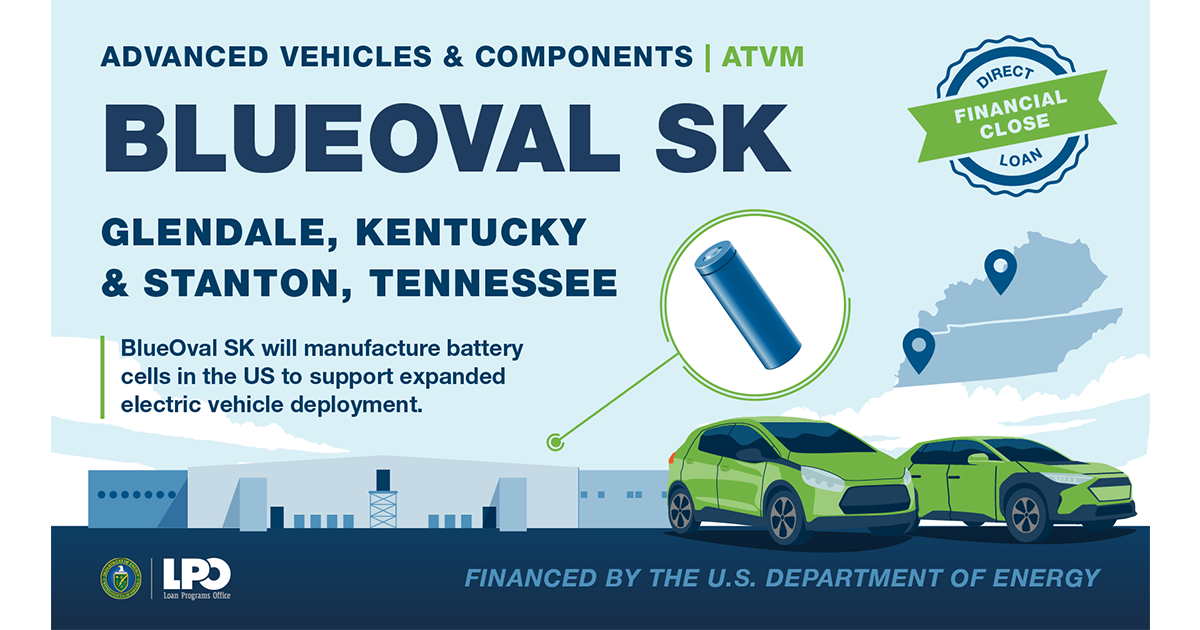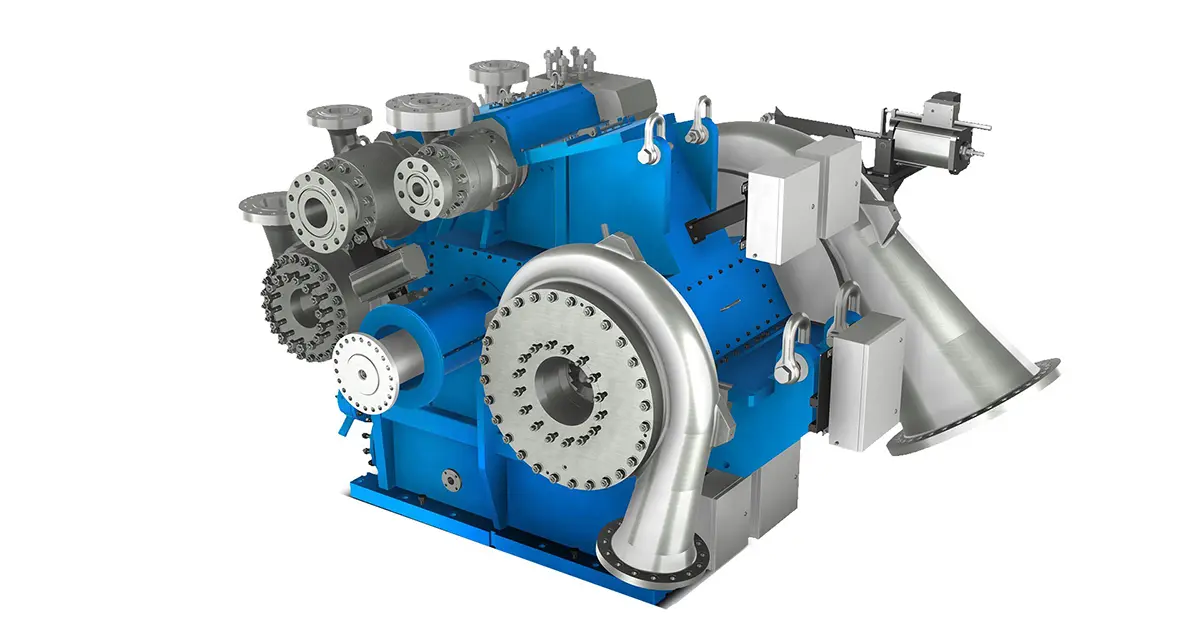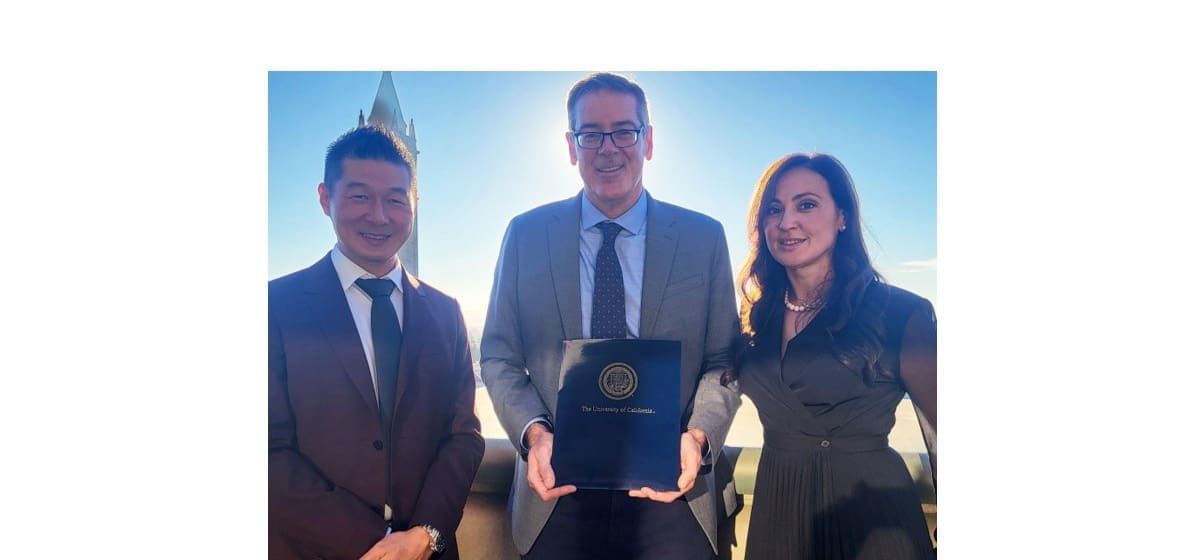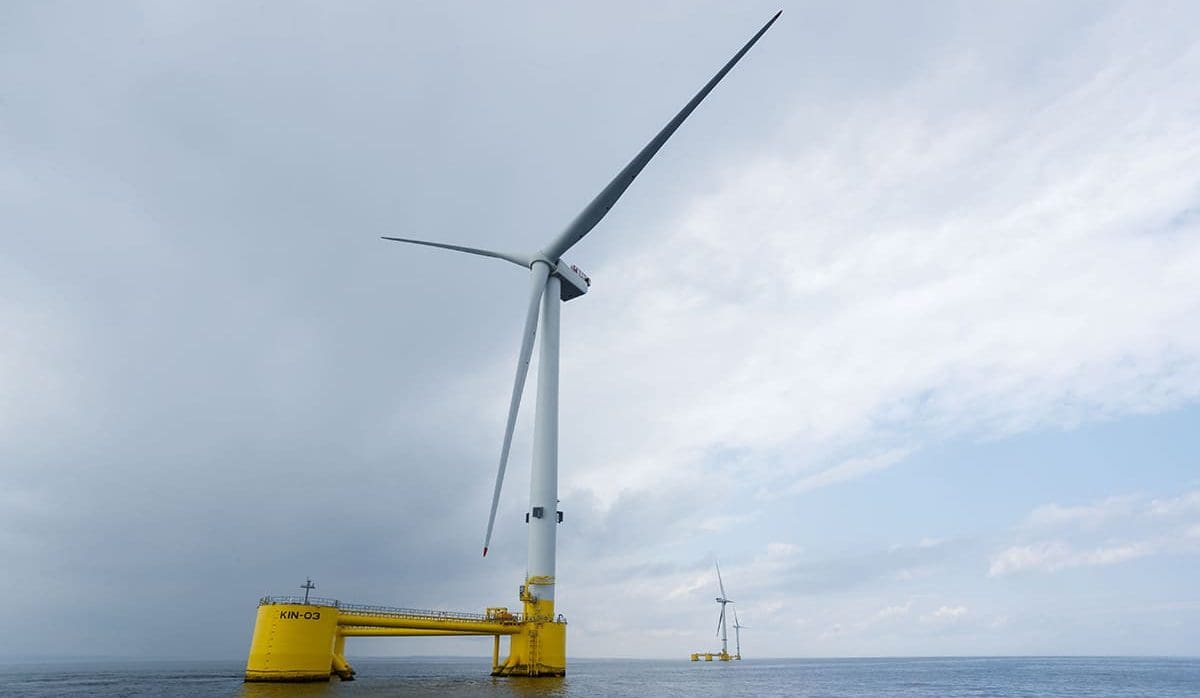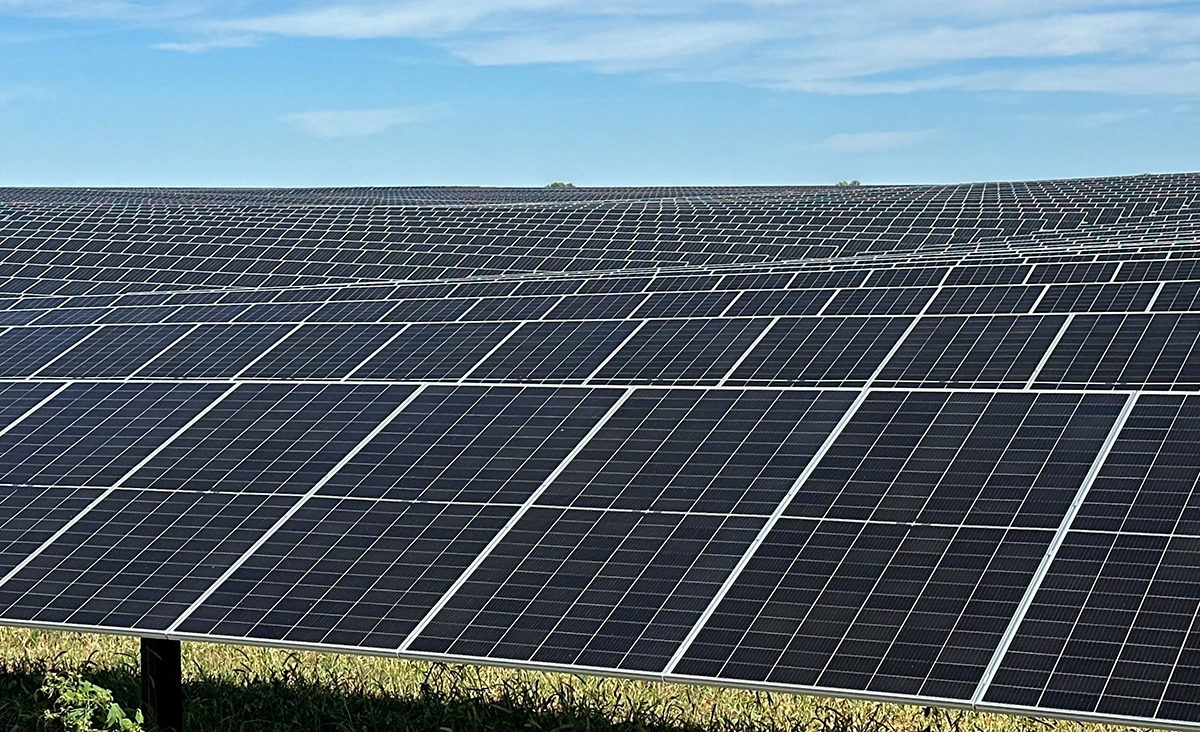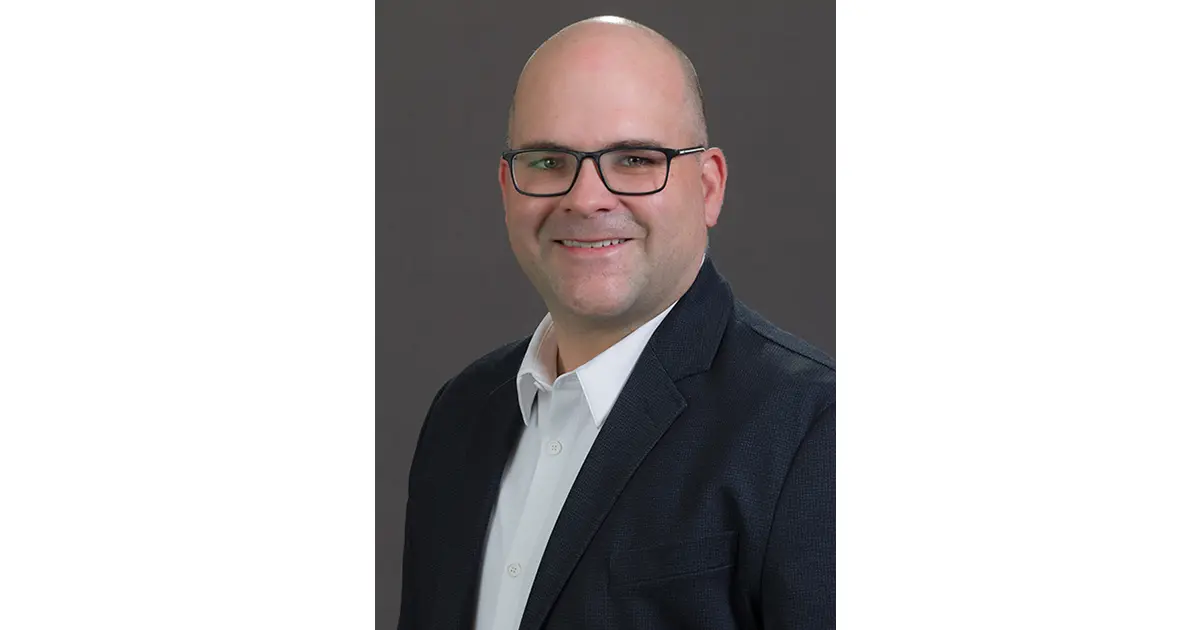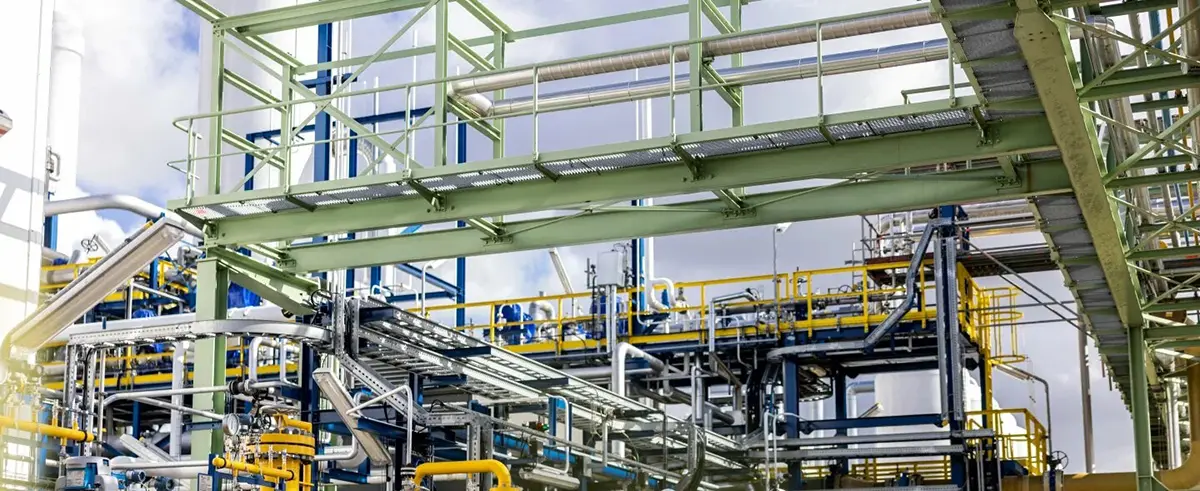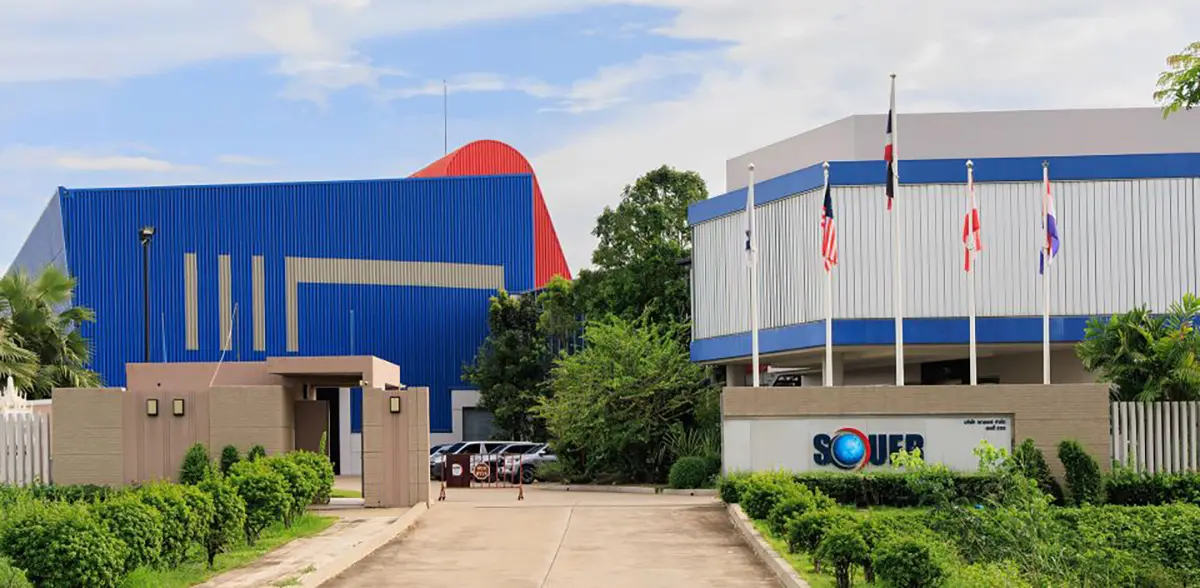
Running Hot
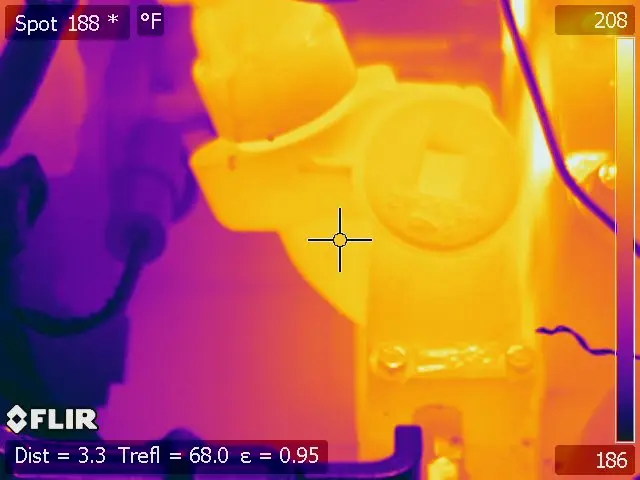
Developed for extreme heat environments where gas compression equipment struggles to operate, Ultimate Chemicals has introduced CoolAint Summerize — a water-based coolant designed for all engine types. Headquartered in Moore, Oklahoma, Ultimate Chemicals offers an extensive portfolio of chemical cleaners that have been specifically developed for industrial engines and cooling systems. It provides internal and external chemical resources and cleaning services for oil and gas, natural gas pipeline compression, natural gas processing plants, compressor stations, refineries, power plants, manufacturing facilities, machine shops, radiator shops, and other industrial applications.
Solving customer problems has been the cornerstone of Ultimate Chemicals’ product development since day one. According to David Vannostran, president of Ultimate Chemicals, the company’s product line is the result of formulating a solution to meet customers’ needs in the field. “We are about applying the right chemistry and using the right technology,” said Vannostran. “It all starts with a coolant sample. Unlike other chemical companies, we don’t have a predetermined product line. We don’t just make things and hope that they sell. Instead, we meet with the customer, assess the problem, and formulate a solution. If other people seem to be having the same problem, Ultimate Chemicals will patent a product. Everything we do is customer driven.”

“Our products clean engines systems to zero hour,” added Vannostran. “Our PO4FIX [Phosphate Fix] will dissolve and remove all phosphate and rust. We have five flushes that are used for a range of cooling contaminates. Dubbed the Royal Flush, these five products dissolve burnt glycol, remove silicate dropout, remove oil from the cooling system, and more. The next step was helping the operator identify problems before they harm the system. We introduced our added Enhanced Coolant Analysis as a preemptive measure so that operators are alerted before things get out of hand. That service acts as a check engine light. For example, if the rust level gets high, an operator can remove all rust before it coats the internals leading to failure.”
The next step for Ultimate Chemicals was improved performance. “Once their system was cleaned to zero hour, customers began looking for ways to improve their operations. Heat is a challenge, especially in areas like the Permian Basin where summer temperatures surpass 112°F [44°C]. In hot environments, operators are forced to throttle back their engines to avoid overheating. Less load means less gas is being moved. This costs operators money but has been an acceptable business practice for generations. We began looking at the technology that is available today and the products already in our portfolio and realized that there is a better way. The result is Ultimate Chemicals’ CoolAint Summerize.”

A non-toxic coolant substitute, CoolAint Summerize contains CRI, the company’s corrosion rust inhibitor package, and is premixed with deionized water for protection against ferrous and non-ferrous degradation and corrosion. It contains no glycol or phosphates. Proprietary ingredients combined with two different wetting agents are designed to provide maximum heat transfer in the most extreme temperatures and operating conditions, allowing for maximum heat rejection to reduce overheating.
“This is similar to light preventive maintenance flush, and we add our corrosion rust inhibitor to maintain a 99% rust-free environment,” said Vannostran. “We’ve been testing this with customers in the Permian Basin, where they broke a record for the most consecutive days above 105°F [40°C] last summer. CoolAint Summerize lowered engine temperatures by 20 degrees, allowing the operator to move more gas. From a revenue standpoint alone, let’s say an operator moves 10 million cubic feet of gas per day. At US$6000 for a million cubic feet, that’s US$60,000 a day. If they’re losing 3 million cubic feet a day on each system due to lessening load to avoid overheating the engine, that’s US$18,000 per day being lost. Operators make more money if they’re not having to throttle down and take that load off. With CoolAint Summerize, instead of reducing load in the summertime to avoid overheating, operators can now throttle up, increase load, and move more gas. This is the game changer, right here.”
Environmental Benefits
As more companies look for ways to reduce their environmental impact and improve their ESG scores, Vannostran sees CoolAint Summerize as a way to help.
“Even if an operator has an engine that’s running at 195°F [90°C] and they can keep the load on there, if they use CoolAint Summerize in their system in the summer, they can get it down to 180°F [82°C],” said Vannostran. “That’s better for the equipment. It runs cooler and increases engine life by reducing wear and tear. That translates to less waste in the overall lifespan of the engine, which helps improve ESG scoring. Now let’s say they have 10 engines in operation. They can move more gas at a much better burn rate. They are putting less emissions into the atmosphere.”
Vannostran sees benefits for rental fleets as well. “Companies will promise 97% uptime,” said Vannostran. “They may indeed be keeping the engine running as guaranteed, but are they maintaining the same volume year-round? CoolAint Summerize allows rental companies to not only deliver on their uptime promises, but also keeps units running at increased loads. With CoolAint Summerize, they can move more gas with the same amount of engine fuel consumption, creating more bang for their buck.”

